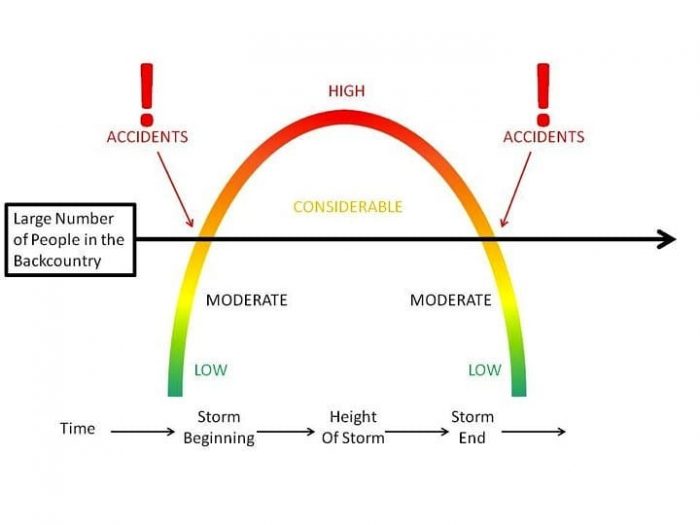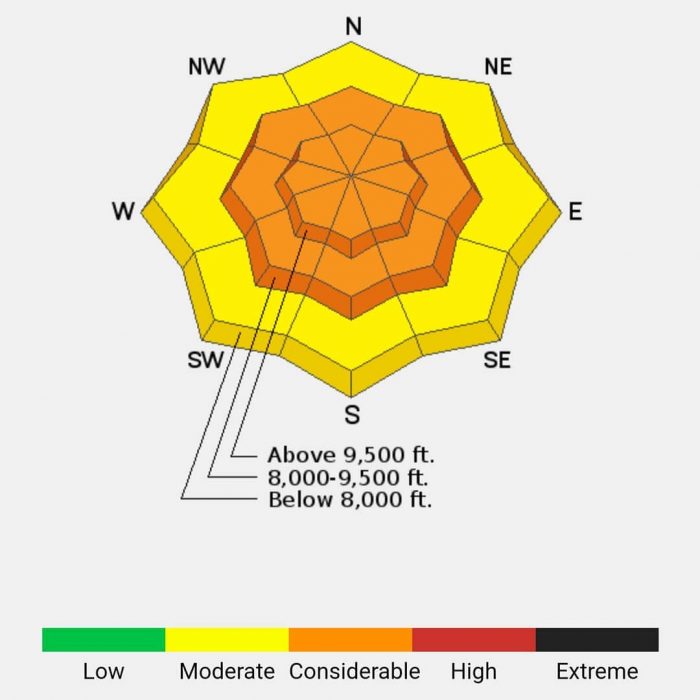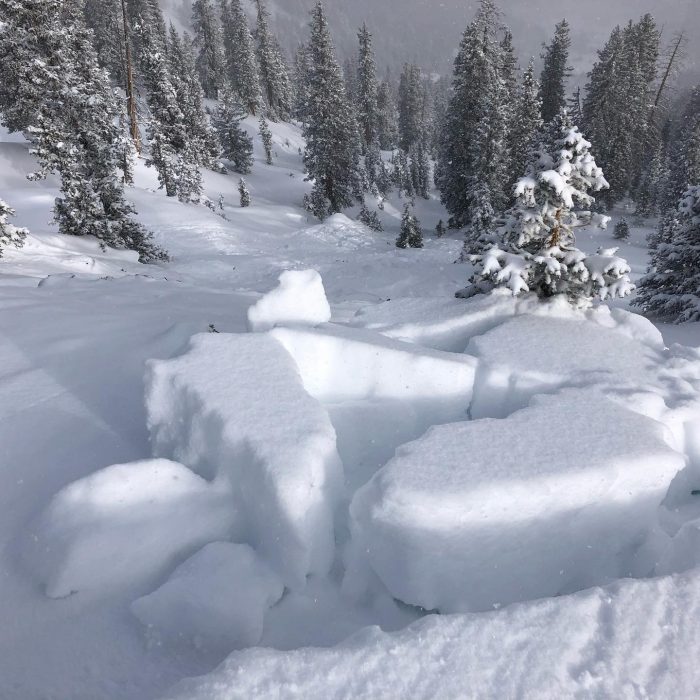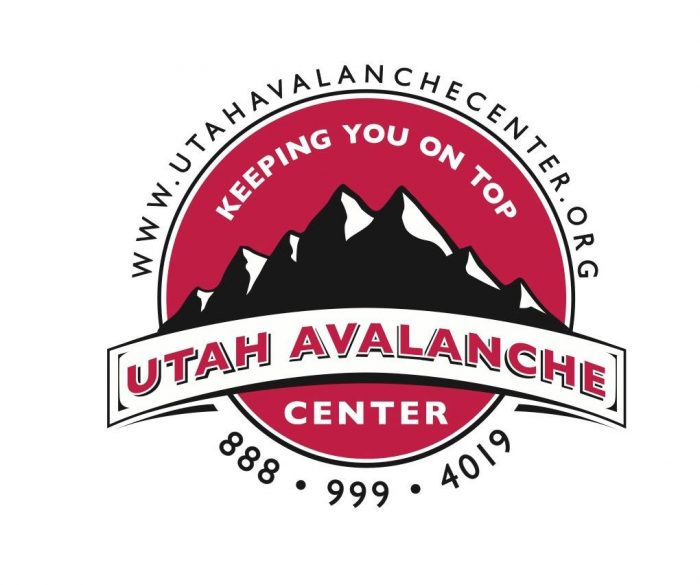
In a Facebook and Instagram post today, the Utah Avalanche Center (UAC) shared a unique and informative graphic and message that applies to all of us who travel in the backcountry, regardless of where we are. Contrary to what you might think, recreational backcountry avalanche incidents are not more likely during periods of ‘High’ or ‘Extreme’ avalanche danger. According to the UAC:
“Now is not the time to let our guard down.
Yes the danger rose has lightened, but it’s important now to remember that most avalanche fatalities occur after a storm, as the avalanche danger rating begins to drop and more people head into the backcountry.
Remember that the Persistent Slab avalanche problem is responsible for 70% of avalanche fatalities in Utah.”
— Utah Avalanche Center

The UAC Blog Post, Danger in the Danger Ratings goes further to explain this, and is well worth a read. In it, Drew Hardesty, Forecaster for the UAC explains some limitations of the current North American Avalanche Danger Scale. Drew has seen that most of the recreational backcountry avalanche accidents and fatalities in the Intermountain West occur during periods of Moderate avalanche hazard. Drew goes on to say that these incidents involve:
An “UNMANAGEABLE” avalanche type. This refers to those persistent or deep slab avalanche that is often accompanied by either a hard slab or situation where remotely triggered slides are possible.
MANAGEABLE – loose snow, storm slabs, wind slabs, most wet snow slides, cornice – where (in ‘MODERATE’ anyway), they’re triggered at your feet or sled.
UNMANAGEABLE – persistent and deep slab avalanches where you may trigger them remotely, or when you’re half-way down the slope, or if you’re the 7th person on the slope. You are not intentionally triggering the slide. Predictable only in their unpredictability.
— Drew Hardesty, UAC Forecaster
With an unusually high number of multiple-victim fatal recreational avalanche incidents in the United States recently, forecasters and educators are trying hard to share important information to try and save lives. My recent discussions with folks in the avalanche business reveal a lot of frustration and concern. We feel like we are having a hard time getting the message across to recreational backcountry users. The reality is that there a lot more people in the backcountry this winter, and many of those people lack the education and background to travel safely in the backcountry. But that’s not the only problem. Time and again this season we have seen experienced people injured or killed because they made bad terrain or travel protocol choices.


The issues are psychological, and need to be approached from that scientific perspective. Uncertainty feeds all sorts of mental perspectives, causing some to be more safe, and some to be less safe. Add some FOMO and competition to that, and you certainly have a mess.
I’m sure someone can speak to all of this much better than I can. Just thought I’d throw in my 2 cents.